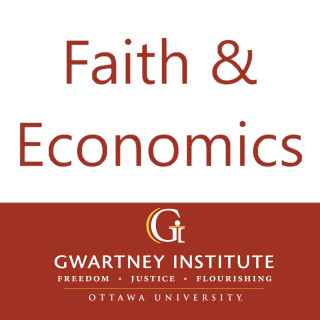

In recent news, LA city counselors were caught on tape saying derogatory things about those living within their community. Upon this news, the Gwartney team looks to discuss the incentives for such behavior within Los Angeles. The Gwartney team discusses why LA city counselors are paid hefty amounts and why they cannot be kicked out of office. What is at play here: higher cost of living, increased workload, a stressful job, or could it be to deter corruption? Join us for a great episode as we sort out the incentives at play within Los Angeles.
Timeline:
Incentives / 3:00
Government vs. Free Market / 8:15
Importance of Accurate Capital / 11:00
Rational Ignornance / 18:30
Devil's Advocate / 22:45
Shocking? Not to Dr. Clarke / 25;30
Bad Actors / 31:20